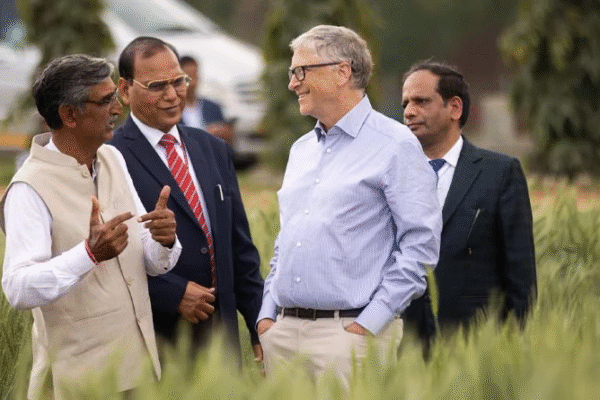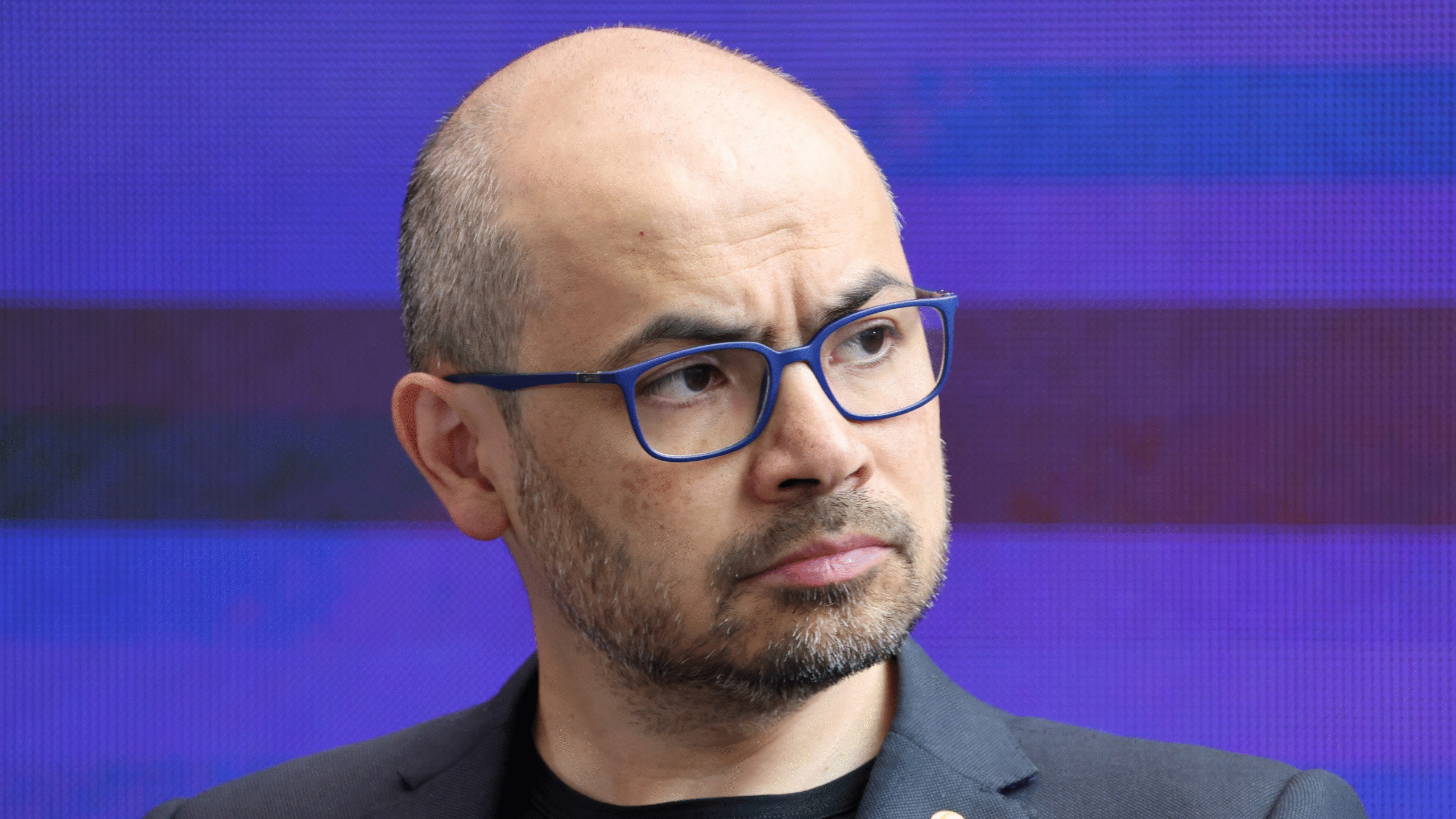

By Arun Kumar Tripathi | December 27, 2024
Understanding the Manmohan Singh Political Legacy
The Manmohan Singh political legacy is a benchmark for leadership built on dignity, intellect, and democratic values. At a time when political discourse is dominated by aggression and sensationalism, Dr. Singh’s calm, thoughtful governance reminds us of what Indian politics can still be.
His passing at 92 not only marked the end of a personal journey but also highlighted the void he left in India’s political culture.
Manmohan Singh Political Legacy: A Professor Turned Prime Minister

Dr. Singh wasn’t just a politician; he was a policymaker rooted in deep scholarship. His approach to leadership echoed his life as a professor—measured, precise, and thoughtful.
He avoided drama. He rejected populist stunts. And he elevated the tone of public discourse, even when rivals ridiculed his quiet demeanor.
His early ideological leanings were leftist, but he evolved. Unlike today’s rigid politics, he allowed his views to grow with India’s changing needs.
From Leftist Scholar to Architect of Economic Reform
Few know that Dr. Singh’s early sympathies were with the radical left.
Journalist Anil Chamadia once revealed that Singh, during his time in Chandigarh, supported Marxist ideas. But rather than stay in the margins, he entered mainstream governance—and reshaped India’s economy.
That journey defines the Manmohan Singh political legacy: a rare blend of ideological evolution and ethical consistency.
A Human-Focused Liberalization Model
Liberalization under Dr. Singh didn’t come with corporate dominance alone. It brought social safety nets.
Key policies like the Right to Information, MNREGA, and Right to Education reflected his commitment to inclusive development. These were not afterthoughts—they were central to his governance philosophy.
Even amidst critiques of global capitalism, Singh offered a compassionate path forward.
Read more about MNREGA and its impact
Governance by Dialogue, Not Dictate
Was he controlled by Sonia Gandhi? Many believe so.
Yet that “remote control” allowed coalition partners, civil society, and institutions a say in national governance. Compare that to the centralization of today, and the contrast is glaring.
The Manmohan Singh political legacy includes respect for institutions, not their subversion.
Criticised, Yet Courageous
Books like The Accidental Prime Minister painted him as weak. But his actions told another story.
When the U.S. nuclear deal faced opposition, Singh stood firm. He allowed the Left to exit the coalition rather than stall national interest.
Harish Khare rightly called him the “creator of post-modern India.”
Strengthening Institutions in a Globalized Era
Dr. Singh often warned that globalization needed institutional checks.
He wanted new oversight mechanisms, adapted to liberal economic realities. While his government couldn’t build all of them, his push highlighted a vision that extended beyond short-term politics.
This aspect of the Manmohan Singh political legacy shows his foresight in balancing reform with regulation.
A Diplomatic Statesman in Times of Crisis
On the foreign policy front, Singh showed restraint—not weakness.
India saw no Galwan-like incidents under his watch. Though 26/11 was a major terror event, his administration responded diplomatically and isolated Pakistan globally.
He kept war rhetoric at bay, focusing instead on strategic responses rooted in international law.
Legacy in Today’s Political Mirror
Contrast Singh’s tenure with today’s politics. The difference is startling.
He governed with civility, embraced dissent, and upheld institutions. In an age driven by algorithms and outrage, Singh’s legacy is a call to return to reason.
Read about democratic backsliding in India
Was His Legacy Flawed?
Yes—there were challenges. Farmer suicides continued. Institutions weren’t strengthened fast enough. Terrorism remained an unresolved issue.
But even his critics admit: he governed cleanly, decently, and with a moral compass.
The Manmohan Singh political legacy isn’t perfect. But it is dignified—and deeply missed.

NewsHasghag operates a 24/7 news bureau that tracks the real-time, social media-driven stories from India and around the world, keeping you ahead of the day’s key talking points. Our digital-first approach transforms storytelling through the seamless integration of data, interactive charts, video, and audio into every narrative









